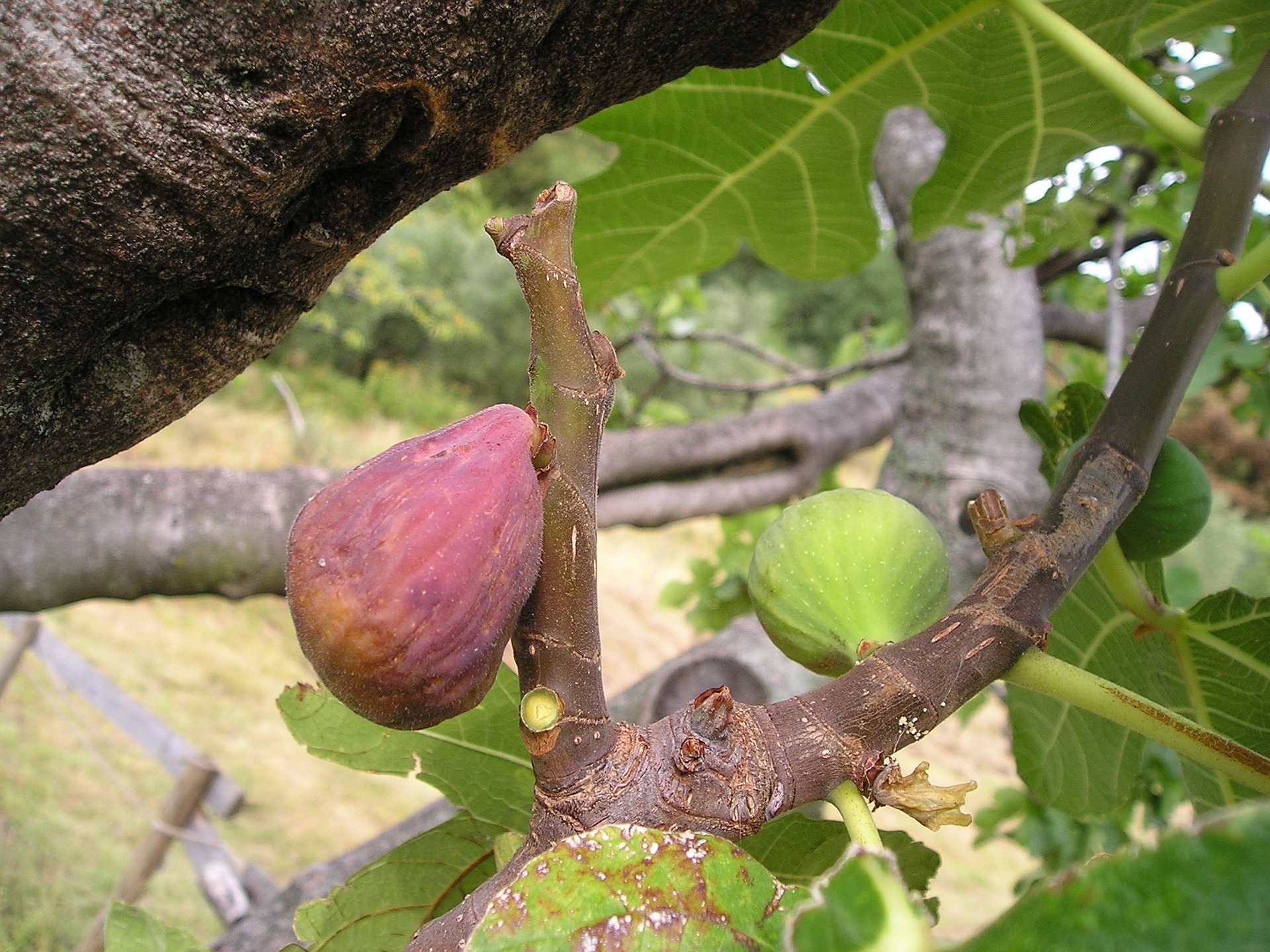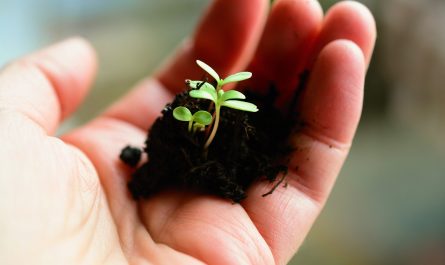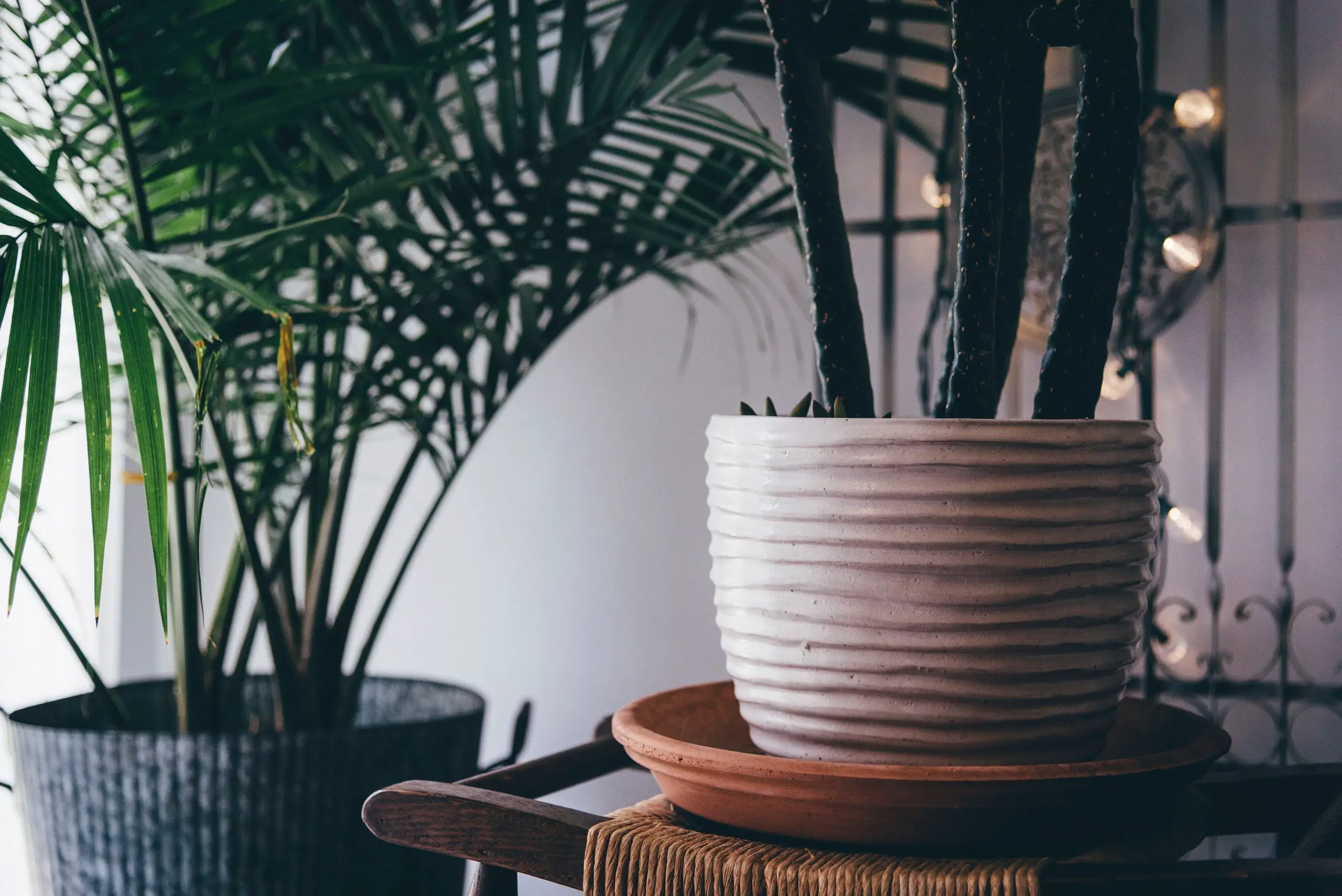Ficus benjamina is a green indoor plant of Asian origin that helps purify the air in the room it is in by absorbing gases or smoke. This climbing plant serves as a decoration on your wall and in any room of your interior. However, the ficus benjamina requires good maintenance and some specific care, a good amount of light, water and humidity as well as a good monthly dose of fertilizer. It may happen that we notice that it encounters a growth problem, it has trouble growing. It could have been caused by different factors. For this purpose, it is useful to know the cause of this problem.
In general, all diseases of the ficus stem from poor or lack of maintenance. To remedy this, it will be necessary to respect the basic rules of maintenance of this one. While it is true that not everyone has a green thumb, caring for this plant is not difficult. It just takes a lot of willpower. Here are the 5 reasons that could explain why your ficus Benjamina is not growing.
Why is your Ficus Benjamina not growing?
When we notice that our ficus Benjamina is having problems growing, it is quite normal to wonder what could have caused this. In general, this could occur as a result of a lack or absence of nutrients or following repotting. Here are five points of the reasons that may be at the origin of this phenomenon.
1. Lack of fertilizer
All species of ficus require nutrients for their growth. The ficus benjamina is no exception to this rule. You may for some reason have forgotten to feed your plant. Fertilizer based on organic or mineral matter contains essential elements for the survival of your ficus benjamina. However, it must be ensured that the fertilizer is 100% natural. It must contain a certain amount of potassium, phosphorus and nitrogen. Sprinkle fertilizer in the soil of your ficus every month, respecting the amount according to the size of the plant.
2. Lack of light
Sometimes we do not pay too much attention, a lack of light could cause a slowdown in the growth of a plant like the ficus benjamina. For this purpose, it is useful to bring your ficus closer to your window so that it receives the amount of light it needs. If this natural light is lacking, there is another alternative, install a horticultural lamp above your ficus benjamina.
3. The quality of the substrate
The substrate is necessary to ensure good drainage and good water circulation after each watering session. For this purpose, it will have to be quite compact. For this type of tropical plant, you must choose a special soil for indoor green plants. For one reason or another, it could be that your substrate is no longer fulfilling its role. This could make it difficult for your ficus benjamina to grow tall, so it will need to be changed. Remember to add a new substrate each time you repot your plant.
4. The draft
Not all ficus can withstand the wind. In the event that your plant is exposed to a passage of a draft, it could be harmful to health and cause a multitude of problems. To this end, it is necessary to ensure that its location is well sheltered from any passage of the wind.
5. The location
This tropical plant requires specific maintenance. Ensuring a good location is already part of his maintenance. The ficus benjamina should be placed in a fixed place and away from a passage. This means, put it in a location where it is not likely to be brushed against by humans or animals. Also, avoid moving it too often. Finally, if possible, choose a room that is humid enough to give it good hydration. Otherwise, you will have to spray water on its leaves on a daily basis.
How to overcome this problem of Ficus Benjamina which does not grow?
Taking good care of a ficus allows you to avoid different types of worries and different diseases such as temporary or permanent stoppage. The green climbing plant that is the ficus benjamina requires specific care to optimize its life expectancy which can go up to more than twenty years. It should be given a quantity of natural sunlight without being exposed to direct sunlight.
Remember that the ficus benjamina like all plants and like all living things require nutrients to be able to live and grow. You should never forget to sprinkle fertilizer in the soil of your ficus benjamina every month. However, the dose must be respected so as not to risk other diseases.
Your plant may fail to grow due to a lack of substrate or an unsuitable substrate. To this end, check the quality of the substrate during repotting.




